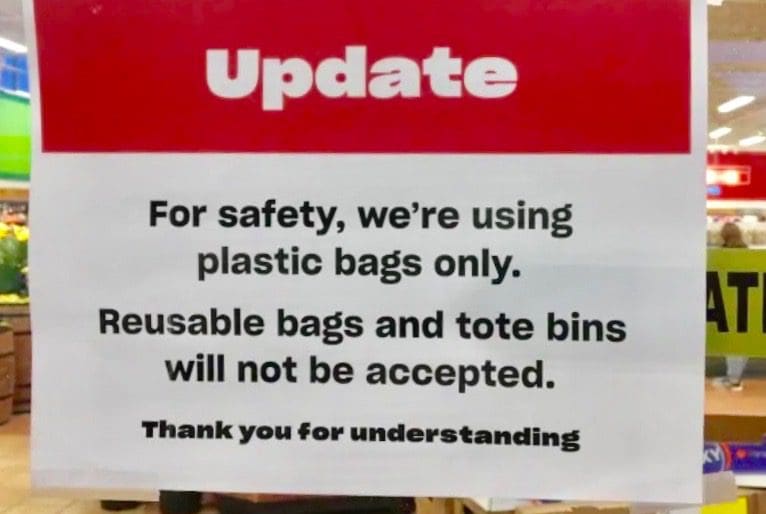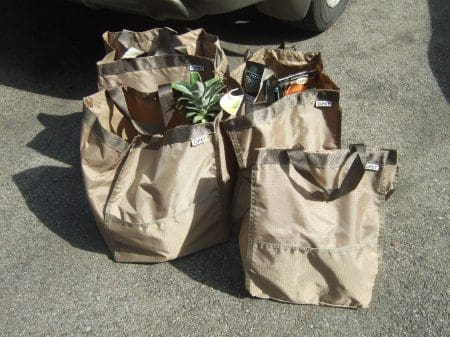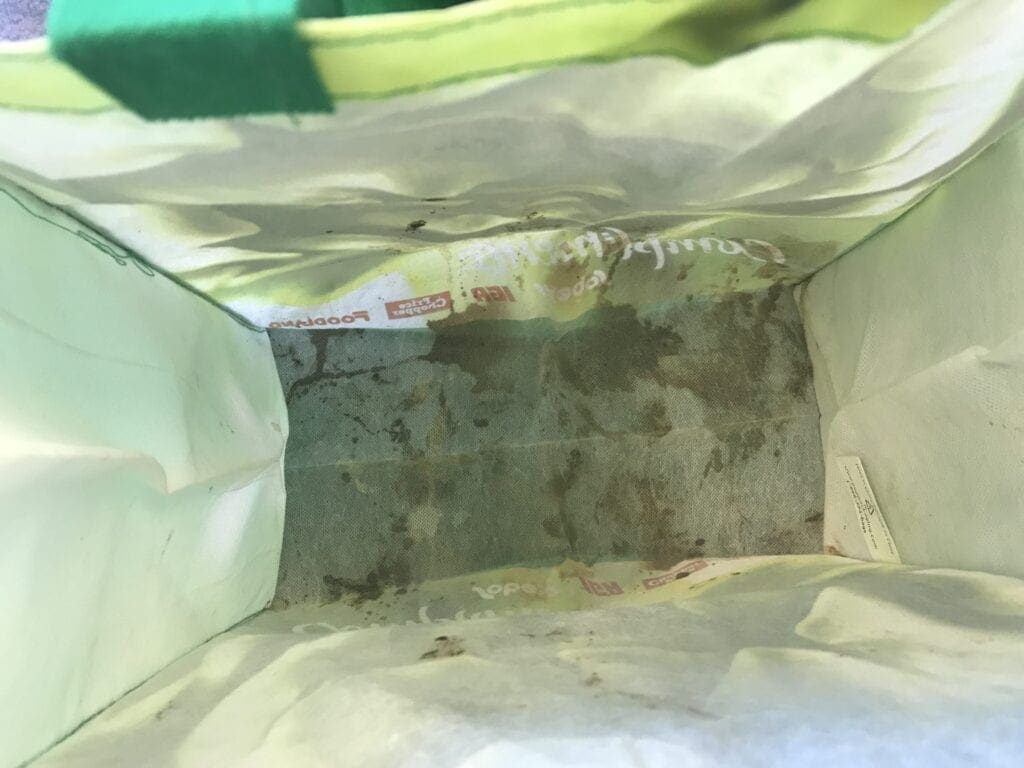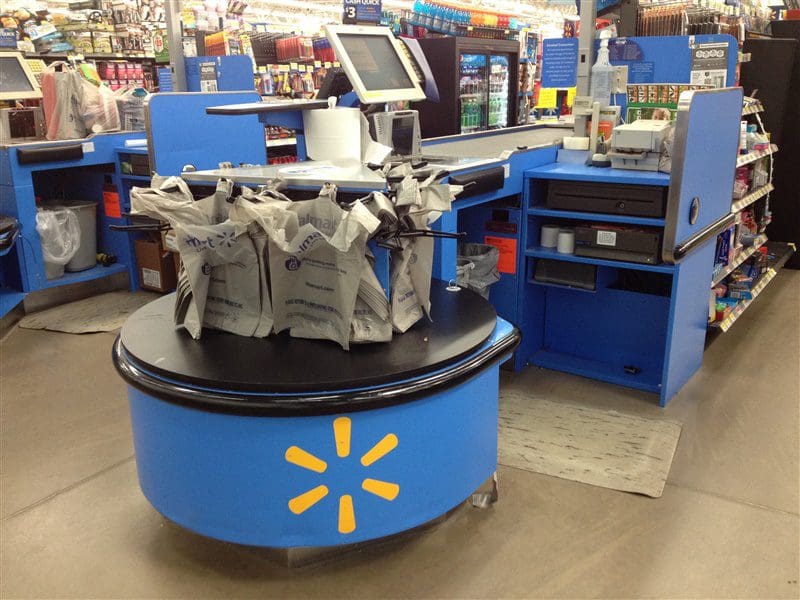Search Posts
Recent Posts
- Rhode Island Weather for May 30, 2025 – Jack Donnelly May 30, 2025
- Outdoors in RI: Tick Guy, PFA well tests, Washing boats of Invasive Plants, Vets surf, Coastal study May 30, 2025
- Long-term behavioral unit at Our Lady of Fatima could free up short-term, acute care at RI hospitals May 30, 2025
- Now we know. Rhode Island IS identified as a Sanctuary State, particularly Prov. & CF. May 30, 2025
- GriefSPEAK: Time – Mari Nardolillo Dias May 30, 2025
Categories
Subscribe!
Thanks for subscribing! Please check your email for further instructions.

What a difference a pandemic makes – The benefits of the Single-Use Plastic Bag
What a difference a pandemic makes! – The Benefits of the Single-Use Plastic Bag
Efforts in Rhode Island have begun to repeal the ban on single-use plastic bags. Rhode Island isn’t leading in this effort; it’s following several other states who are saying now is not the time to be doing this – out of concern of bacteria spread in this time of the coronavirus crisis.
In the last 30 days as extraordinary steps have been taken to clean, disinfect, and make certain that we are doing everything we can to keep the coronavirus off of ourselves, and out of our homes. For quite a few states, these safety measures have included repealing the recent ban on single use plastic bags.
In Massachusetts, fines have been threatened for using reusable bags and announcements have been made over supermarket intercoms NOT to bring reusable bags into the stores.
The Science
A study by researchers at the University of Arizona and Loma Linda University found that “reusable bags can play a significant role in the cross-contamination of foods if not properly washed on a regular basis, with the number of bacteria increasing as much as 10-fold, indicating the potential for bacterial growth in the bags.
Scientists studying how the Covid-19 virus lives and thrives have found that the coronavirus “can survive on various surfaces for hours and in some cases days.” The novel coronavirus, like previous coronaviruses, in some studies, has been shown to survive for up to three days on plastic and stainless-steel surfaces if left undisturbed.
While seen as being unlikely for the virus to spread from one person to another via a reusable cloth bag or another fabric, Vineet Menachery, an assistant professor of microbiology at the University of Texas Medical Branch, said that the bacteria “is easily destroyed with soap and water, or rubbing alcohol. So, washing a cloth bag with detergent would stop the virus in its tracks.
What they’re doing
In Maine, the city manager, Jon Jennings said, “The city recommends that all Portlanders not bring or use their reusable bags to any store within the city of Portland. The city further recommends that stores make single-use carry-out bags readily available to their customers in order to reduce the likelihood of transmission of COVID-19.”
Efforts in Rhode Island are still at the recall stage at the stage and municipal level and have gone on to include single-use plastic straws, and other items.
Other states that have taken steps to roll back similar laws include New York, and New Hampshire. Governors in Massachusetts and Illinois have banned or strongly discouraged the use of reusable grocery bags. Oregon suspended its brand-new ban on plastic bags this week, and cities from Bellingham, Washington, to Albuquerque, New Mexico, have announced a hiatus on plastic bag bans as the coronavirus rages.
Grocery store workers
While safety has become an increasingly greater concern for store workers, and the fact that workers and bag checkers don’t know whether a person bringing a reusable bag into a store has cleaned it recently or not, and with workers being on the frontlines of this public health crisis, the repeal of the single use plastic bag ban would go the extra step to make workers’ lives easier and less stressful.
Some have also felt that the climate impact of plastic vs. paper vs. cloth bags is actually more complicated than thought — although reusing a bag you already own is always a more climate-friendly option than creating demand for a new bag.
Whether or not you use reusable bags at the grocery store or for other uses, when was the last time you washed your reusable bag? And did you do more than a quick rinse and air dry? It is recommended that the public needs to be educated about the proper care of reusable bags by printed instructions on the bags or through public service announcements, when – and if – bans on plastic bags begin again.



